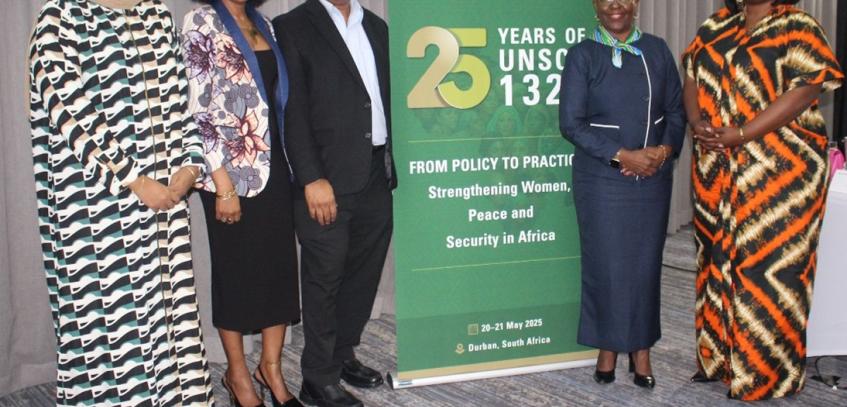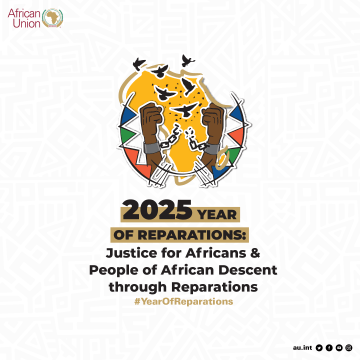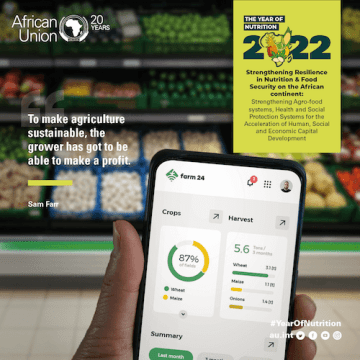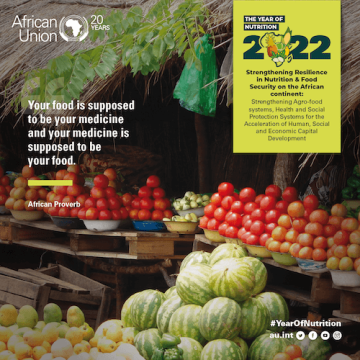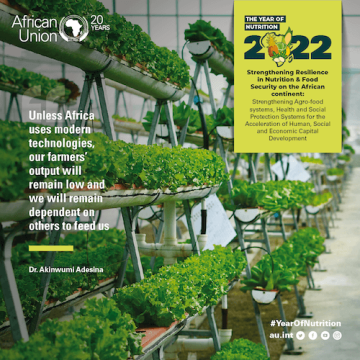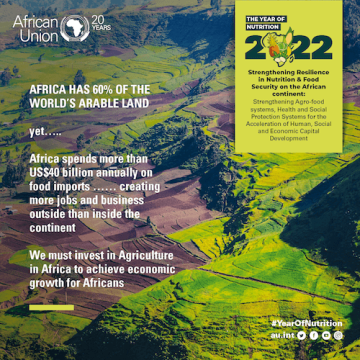Durban, South Africa – 20-21 May 2025 – The APRM successfully participated in the High-Level Seminar on 25 Years of United Nations Security Council Resolution 1325 (UNSCR 1325) that brought together various stakeholders, including senior government officials, representatives of UN agencies, the African Union (AU), civil society organisations, youths, and women mediators from across the continent.
Hosted by the African Centre for the Constructive Resolution of Disputes (ACCORD), the Seminar aimed to enhance the voice of Africa in general, and women in particular, in preparation for the upcoming celebrations of the UNSCR 1325’s 25th anniversary in October 2025. The APRM Continental Secretariat was represented by Ms. Tsakane Mahlaule, who highlighted the APRM’s work on the governance-development-peace and security nexus. During her intervention, Ms Mahlaule underscored the importance of addressing the root causes of conflict through good governance, democracy, and sustainable economic development. She expressed appreciation for the adoption of the UNSCR 1325 and stated that the APRM was pleased with the invitation to contribute towards the efforts to advance the Women, Peace and Security (WPS) agenda and be part of ensuring that gender-responsive peace and security frameworks are institutionalised by members states and institutions active in the peace-building and mediation space.
The opening session featured remarks by H.E. Graca Machel, Chairperson of the ACCORD Board of Trustees; H.E. Bineta Diop, outgoing African Union Special Envoy on Women, Peace and Security; Dr Vasu Gounden, Founder and Executive Director of ACCORD, as well as senior representatives from the Embassies of Denmark, Norway, and Ireland. They reflected on the UNSCR 1325’s significance at inception back in 2000 and its impact and relevance 25 years later in contributing to Africa’s peace, development and governance agenda.
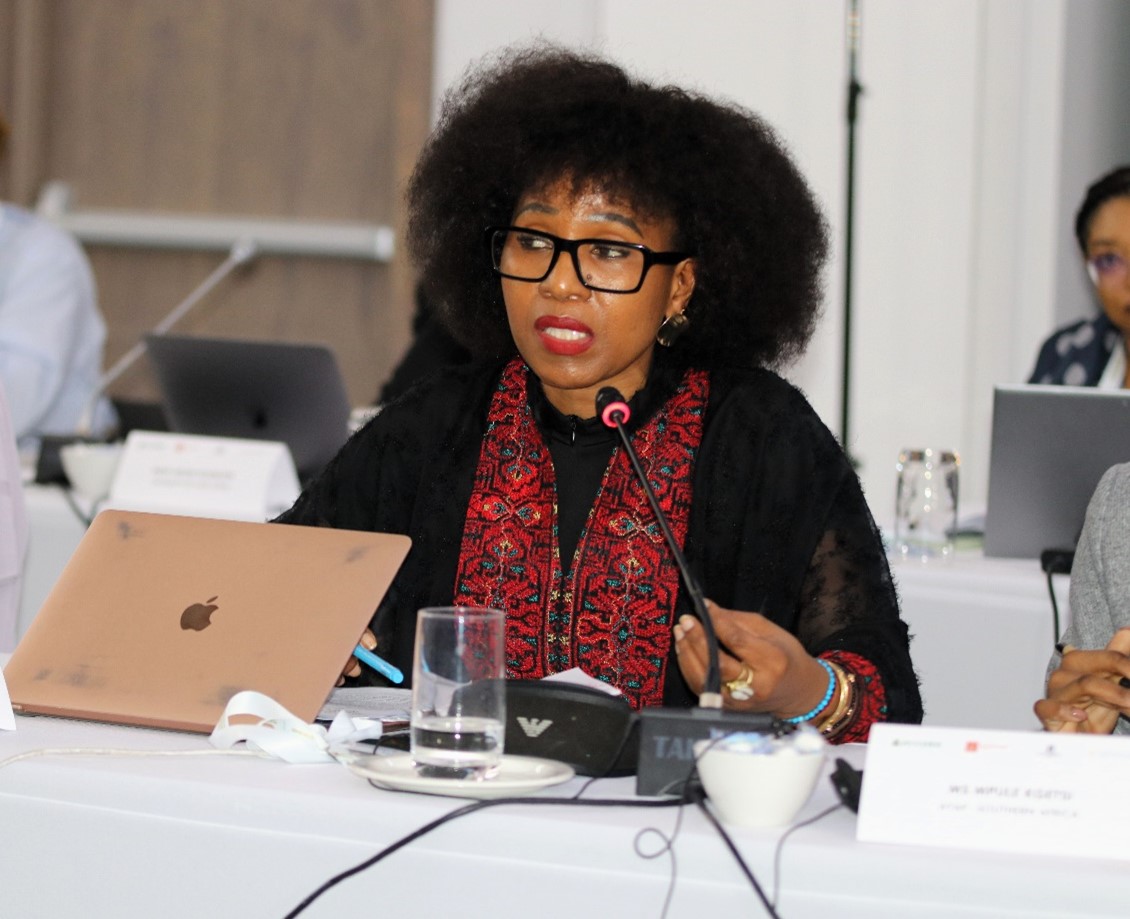
The APRM’s participation in this seminar reflects its ongoing commitment to tracking the integration of gender perspectives into peace and security governance, at both regional and national levels, through robust monitoring and evaluation mechanisms, with the ultimate goal of advancing sustainable development.
As a discussant, Ms Mahlaule highlighted challenges such as illicit financial outflows, gender inequality and systemic political exclusion of women and youth, as well as corruption as some of the bottlenecks to be unravelled to enable the continent to move from a state of paralysis to one that prioritises implementation of policies. “In the midst of rapidly changing balance of global forces, Africa should recalibrate how it channels its resources and improves accountability for the betterment of its citizens”, Ms Mahlaule noted. The deployment of funds should take into consideration budgeting and sustainable financing of WPS programmes geared towards challenging socio-cultural exclusion while promoting inclusive development”, she added. She underscored the APRM’s commitment and availability to work with the various stakeholders to enhance WPS work, especially in the areas of research, monitoring and evaluation to ensure a true reflection of the status of implementation by member states and impact measurement.

Participants agreed that beneficiation of Africa’s natural resources is one such strategic area that could ensure that member states are able to raise funds for the requisite implementation of National Plans of Action that benefit citizens and the continent at large. The APRM encourages experience sharing among its Member States to mitigate unnecessary repetition of methodologies and strategies that have been tried, tested and failed and subsequent wastage of scarce resources, while also assisting them to craft their national development plans of action.
The Seminar noted the growing recognition of women’s leadership in peace processes. Concern was also raised on continued under-representation of women in the actual peace negotiations. The delegates welcomed with enthusiasm the announcement of H.E. Ambassador Liberata Mulamula as the newly appointed African Union Special Envoy on Women, Peace and Security. In her closing remarks, Amb. Mulamula highlighted the importance of internal reflection, intergenerational solidarity, and strategic mobilisation and committed to using the seminar’s outcomes as a foundation for her mandate.
What was clear from the discussions outcomes is a consensus that policy frameworks exist, what is left is to translate them into coordinated, transformative practice. The APRM will continue to work closely with ACCORD and APRM Member States to strengthen national capacities in addressing structural vulnerabilities and preventing conflicts, efforts that were underscored during the 4th Annual APRM-AU PSC Retreat in April, where the APRM presented its Synthesis Report on Early Warning for Conflict Prevention.
For media inquiries or further information, please contact the APRM Continental Secretariat at info@aprm-au.org
@APRMorg X
www.aprm.au.int

